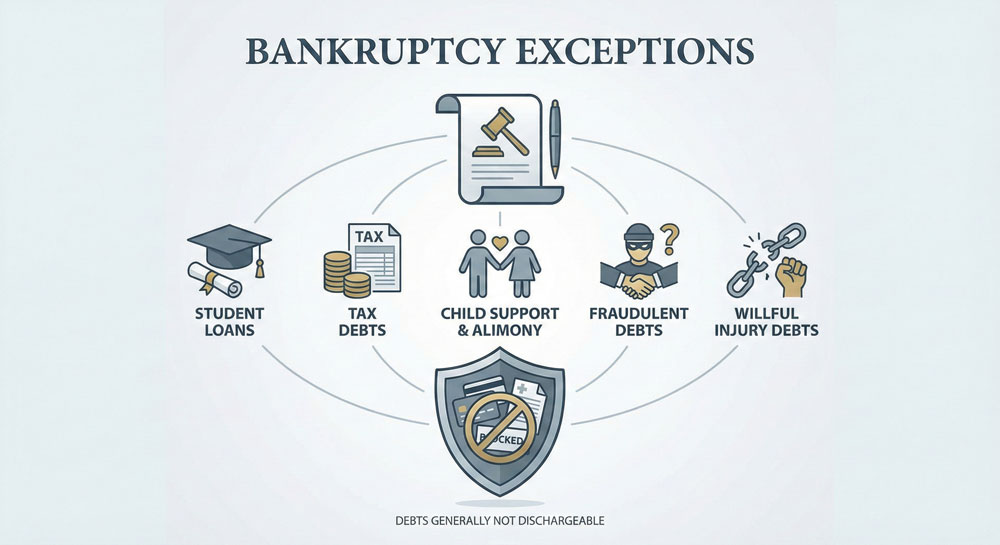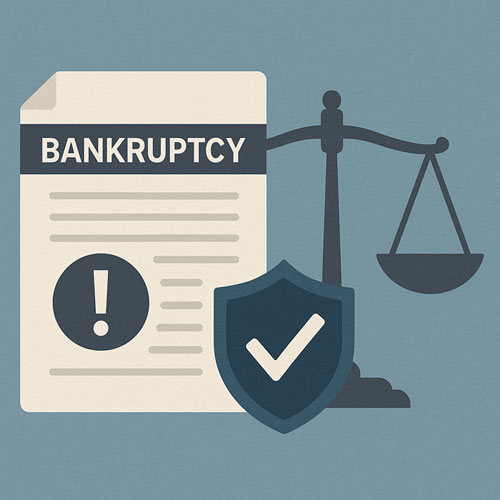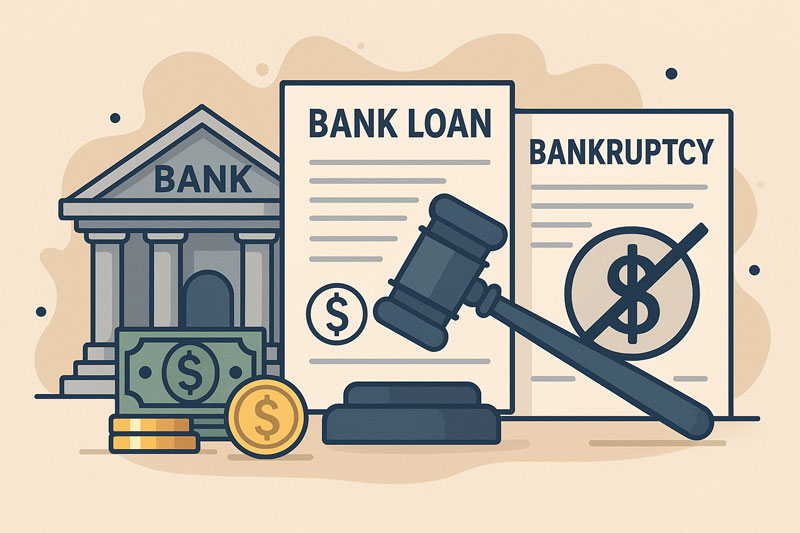Priority Claims In Bankruptcy
 In bankruptcy a claim is a written request filed with the court by a creditor to pay a debt owed in the bankruptcy case. A priority claim moves to the front of the line when it comes to repayment, either in a Chapter 7 asset case or in Chapter 13 repayment cases. A few of these priority claims in bankruptcy include child and spousal support and taxes owed.
In bankruptcy a claim is a written request filed with the court by a creditor to pay a debt owed in the bankruptcy case. A priority claim moves to the front of the line when it comes to repayment, either in a Chapter 7 asset case or in Chapter 13 repayment cases. A few of these priority claims in bankruptcy include child and spousal support and taxes owed.
Priority Claim in Bankruptcy
Priority claims can be viewed as certain debts that Congress has decided can’t be discharged and must be paid back in full. Upon receiving funds, creditors must submit a “proof of claim” and communicate to the bankruptcy trustee that the claim should receive priority status. After a review of all claims by the bankruptcy trustee, the funds are distributed first to the priority claims and secondly to the non-priority claims.
So what are some typical priority and non-priority claims? Your Sacramento bankruptcy attorney will be able to tell you which of your debts will fall into each category. Some of the more common priority examples include child support and taxes owed to the government, while some common non-priority claims include unsecured debt such as credit card bills.
There are many different types of claims overall in each separate type of bankruptcy which can range from non-priority unsecured claims to priority claims. A bankruptcy attorney knows how creditors typically act during the meeting of creditors and throughout the entire bankruptcy proceeding. Furthermore, when you hire a bankruptcy attorney, you are getting the help you need to reorganize your debt and pay these priority claims through your repayment plan.
Categorized in: Bankruptcy



